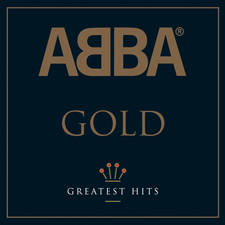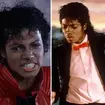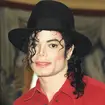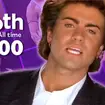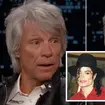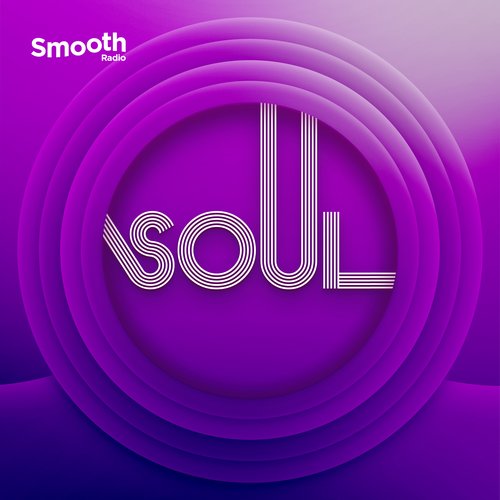Michael Jackson’s Super Bowl performance: A cultural phenomenon remembered
8 February 2024, 15:55
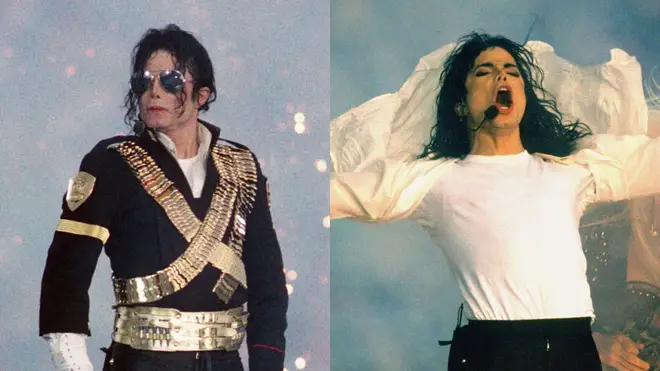
Michael Jackson, the King of Pop, is widely regarded as one of the most influential and successful artists of all time.
Listen to this article
His music, dancing, and style have inspired generations of fans and performers across the globe. One of his most memorable and iconic performances was the halftime show at Super Bowl XXVII in 1993, which marked a turning point in the history and evolution of the Super Bowl spectacle.
The Super Bowl is the annual championship game of the National Football League (NFL), the most popular professional sports league in the United States. It is also one of the most-watched television events in the world, attracting millions of viewers from different countries and cultures.
- The 20 greatest Super Bowl National Anthem performances, ranked
- The 15 greatest Super Bowl halftime show performances ever, ranked
The halftime show, which is a 12-minute intermission between the two halves of the game, is an opportunity for the NFL to showcase its entertainment value and appeal to a broader audience.
Prior to 1993, the halftime show often featured performances by marching bands, drill teams, and ensembles such as Up with People, which were considered to be culturally outdated and irrelevant by the 1990s.
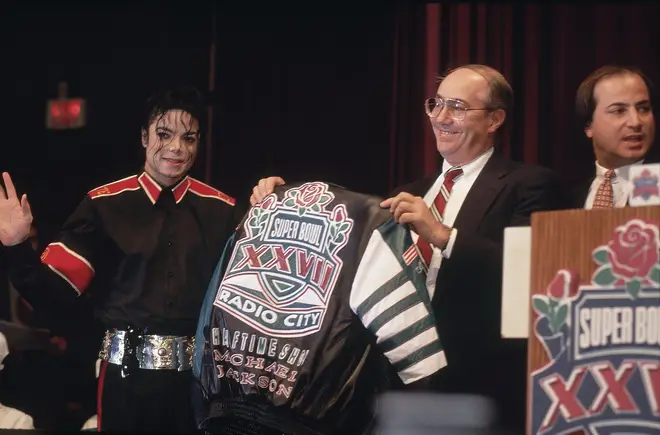
In 1992, the Fox network aired a special episode of its sketch comedy series In Living Color against the halftime show, which featured a salute to the 1992 Winter Olympics, and drew away millions of viewers from the game on CBS. This prompted the NFL to rethink its halftime strategy and seek a more prominent and contemporary act to perform at the next Super Bowl.
The NFL and Radio City Productions approached Michael Jackson, who was at the peak of his fame and popularity, having released his eighth studio album Dangerous in 1991, which spawned several hit singles such as 'Black or White', 'Remember the Time', and 'Heal the World'.
- When Garth Brooks delayed the Super Bowl and almost walked out of doing National Anthem
- When Whitney Houston sang the national anthem so powerfully she moved a nation to tears
Jackson agreed to perform at Super Bowl XXVII, on the condition that the NFL and Frito-Lay would make a donation of $100,000 to his Heal the World Foundation, and provide commercial time during the game for his Heal LA campaign, which aimed to provide health care, drug education, and mentorship for Los Angeles youth in the wake of the 1992 Los Angeles riots.
The performance, which took place on January 31, 1993, at the Rose Bowl in Pasadena, California, was a stunning display of Jackson’s musical genius, artistic vision, and social consciousness.
The show began with James Earl Jones’ voice introducing an “unprecedented Super Bowl spectacular starring Michael Jackson”. Then, four giant screens around the stadium showed Jackson’s silhouette, as he appeared to teleport from one screen to another, before finally emerging from the centre of the stage in a cloud of smoke and fireworks.
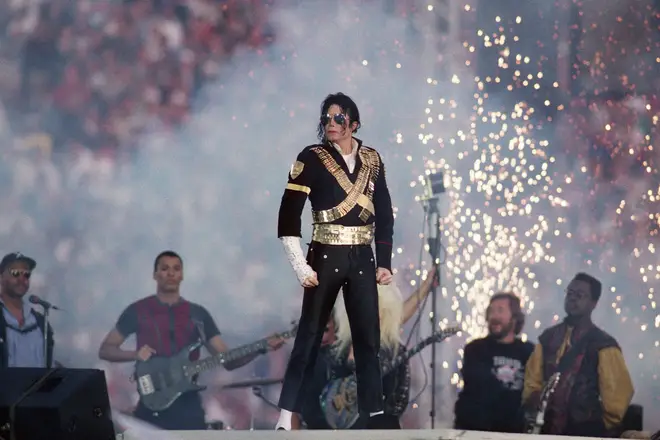
He stood still for nearly two minutes, wearing a military-style jacket, sunglasses, and a single white glove, as the crowd erupted in cheers and applause.
He then launched into a medley of his hits, starting with 'Jam', a funky and upbeat song from his Dangerous album. Michael followed with 'Billie Jean', his classic song from his Thriller album, which showcased his signature moonwalk and dance moves.
- How Michael Jackson made fans go wild and faint purely by standing still for several minutes
- Michael Jackson's best albums ever, ranked in order of greatness
- The moment Michael Jackson did his first moonwalk on TV and changed music history forever
Michael then performed 'Black or White', his anthem of racial harmony and unity, which featured a choir of 3,500 local children and a rap by LTB. He ended the song with a crotch grab and a scream, which were censored by the network.
He then transitioned to 'We Are the World', a charity single he co-wrote with Lionel Richie in 1985, which was performed by a group of famous singers to raise funds and awareness for the famine in Africa. He was joined by the children’s choir, who sang along with him and held up cards that formed a giant image of children from different races and backgrounds.
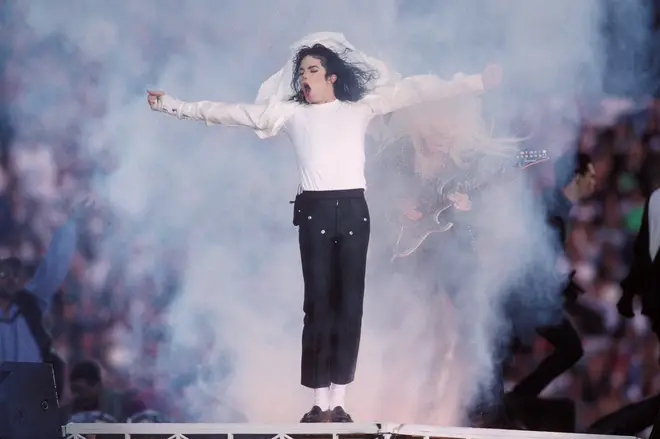
He then concluded the show with 'Heal the World', another humanitarian song from his Dangerous album, which expressed his hope and desire for a better and peaceful world. He was surrounded by the children, who hugged him and waved flags of various countries. He then thanked the audience and exited the stage, as the crowd gave him a standing ovation.
The performance was a huge success, both critically and commercially. It was watched by over 133 million viewers in the United States, making it one of the most-watched events in American television history. It also caused the viewership of the Super Bowl to increase between halves for the first time in the game’s history, proving that Jackson was a powerful draw and a ratings booster.
- Michael Jackson and Prince's feud explained: Why the pop rivals hated each other
- The real reason behind why Michael Jackson wore one iconic white glove
- Who are Michael Jackson's children and where are they now?
The performance also boosted the sales of Jackson’s Dangerous album, which rose from number 18 to number 3 on the Billboard 200 chart, and sold over 35 million copies worldwide. The performance also generated positive media coverage and public praise for Jackson, who was hailed as a musical legend and a humanitarian hero.
The performance also had a lasting impact on the culture and legacy of the Super Bowl halftime show, as it established the norms and standards for future shows. It set the precedent for featuring major names in popular music, who could appeal to a diverse and global audience, and deliver a spectacular and memorable show.

Michael Jackson - Super Bowl XXVII 1993 Halftime Show (Remastered Perfomance)
It also demonstrated the potential of the halftime show as a platform for social and political messages, as well as artistic expression and innovation. Since then, the Super Bowl halftime show has become one of the most prestigious and coveted gigs in the entertainment industry, attracting some of the biggest and brightest stars in music, such as Madonna, Beyoncé, Prince, U2, Lady Gaga, and Bruno Mars.
- Michael Jackson and Lisa Marie Presley's whirlwind romance explained
- When Michael Jackson and Madonna attended the Oscars together: "The best date ever"
- When Michael Jackson revealed his rare deep speaking and singing voice
Michael Jackson’s Super Bowl performance was a cultural phenomenon that changed the game and the entertainment world. It was a masterful and groundbreaking show that showcased his musical talent, artistic vision, and social consciousness.
It was a ratings and sales success that boosted his career and popularity. It was a cultural and historical moment that influenced and inspired millions of people. It was, in short, a Super Bowl spectacular that will never be forgotten.
